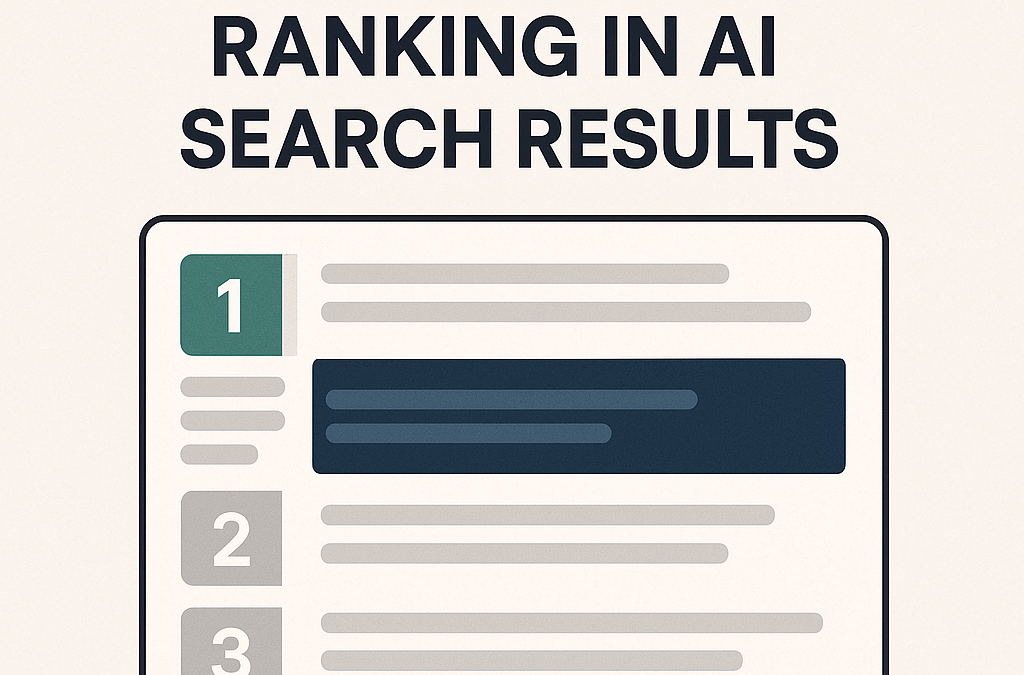When it comes to search engine optimization (SEO), many marketers and site owners fixate on granular metrics—some of which may not even impact rankings. But according to Google’s Search Liaison Danny Sullivan, this kind of obsession is unnecessary and potentially distracting.
The Message from Google: Focus on the Big Picture
During a recent discussion on X (formerly Twitter), Danny Sullivan made it clear that chasing “tiny SEO metrics” can lead people astray. The conversation was sparked by a question about whether Google tracks the time it takes a page to load from the moment a user clicks a search result to the moment it fully renders. In response, Sullivan said:
“There are so many tiny SEO metrics people obsess over that have no bearing on anything. Please just make good, helpful content.”
This echoes Google’s long-standing guidance: prioritize the user. Instead of getting lost in microdata, focus on creating content that genuinely helps people.
What Are “Tiny SEO Metrics”?
Tiny SEO metrics refer to small, often overanalyzed technical data points that don’t have a meaningful impact on how Google ranks content. These can include:
- Millisecond-level differences in load times
- Slight variations in Core Web Vitals (e.g., a CLS score of 0.09 vs 0.07)
- Crawl budget concerns for small sites
- The exact length of meta descriptions
- Tiny keyword density changes (e.g., 1.8% vs 2%)
While some of these metrics matter in context, Google emphasizes that they should not distract from what matters most: high-quality, helpful content and a good user experience.
Real-World Examples
Let’s break it down with examples.
Example 1: Core Web Vitals Overload
A site owner panics because their Cumulative Layout Shift (CLS) score is 0.11—slightly above the recommended threshold. They spend weeks optimizing CSS and JS animations but neglect to update outdated content. In the end, no ranking improvement occurs because Google never penalized them for that minor CLS issue.
Example 2: Obsessing Over Meta Description Length
A digital marketer edits every meta description to fit within 155 characters. While meta descriptions can influence click-through rates, this alone won’t boost rankings if the content doesn’t satisfy search intent.
Example 3: Keyword Density Paralysis
A blogger reworks a post several times trying to hit a “perfect” 2% keyword density. But Google’s algorithms are far more advanced than keyword stuffing—they reward relevance, authority, and natural language.
What Actually Matters for SEO?
Google continues to prioritize content quality and user experience. Key focus areas should include:
- Writing original, useful, and engaging content
- Making sure your site is mobile-friendly and secure (HTTPS)
- Ensuring fast and responsive load times (but not obsessing over microseconds)
- Providing a clear site structure with internal links
- Using descriptive page titles and helpful headers
- Maintaining accessibility standards
- Earning backlinks naturally through great content
Instead of gaming search engines with tricks, think about how your site can genuinely serve visitors better.
SEO Metrics FAQs
1. Does Google use page speed in rankings?
Yes, but only as one of many minor signals. A slow site can frustrate users, but improving from 3 seconds to 2.9 seconds probably won’t affect your SEO.
2. Are Core Web Vitals important for ranking?
They are part of Google’s page experience signals, but not make-or-break factors. Use them as guidelines, not hard rules.
3. How long should my meta descriptions be?
There’s no perfect length. Around 150–160 characters is a good benchmark, but relevance and clarity matter more.
4. Should I track keyword density?
No. Google’s algorithms understand context and semantics. Keyword stuffing can hurt more than help.
5. Is it bad if Google doesn’t crawl all my pages?
Not necessarily. Most small-to-medium sites don’t need to worry about crawl budget. Focus on making your top pages useful.
6. How often should I update SEO metrics?
Regular check-ins are good, but daily monitoring of micro-metrics is unnecessary. Use monthly reviews to spot trends.
7. Can small technical SEO changes ever help?
Yes—especially when there’s a clear issue like broken links or blocked pages. But nitpicking millisecond load times or slight layout shifts usually isn’t worth it.
Stop Obsessing
Google wants you to stop obsessing over every little technical metric and instead shift your energy toward producing helpful, trustworthy content. SEO is not about perfection in microdata—it’s about delivering value. So next time you’re tempted to tweak that CLS score by 0.01, remember Danny Sullivan’s advice: make good, helpful content. Everything else is just noise.
Source: Search Engine Roundtable









